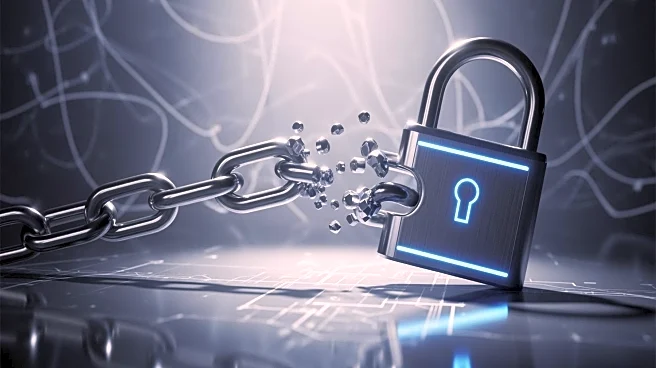What's Happening?
The integration of AI tools capable of interpreting code is complicating the application of the Video Privacy Protection Act (VPPA), a privacy law enacted in 1988. The VPPA was originally designed to protect
video rental histories from unauthorized disclosure. However, as the law has expanded to include streaming services and websites offering video content, courts have struggled with its application. The advent of AI, which can process and interpret data, threatens to further complicate these legal interpretations. Recent court rulings suggest that AI could raise the standard of what an ordinary person can do, potentially altering liability standards under the VPPA.
Why It's Important?
The potential impact of AI on the VPPA is significant as it could redefine privacy standards and liability for video service providers. As AI tools become more sophisticated, they may enable users to decode information that was previously inaccessible, challenging existing privacy protections. This development could lead to increased litigation and a reevaluation of privacy laws to address the capabilities of AI. Companies involved in streaming and video services may face new legal challenges, affecting their operations and compliance strategies. The evolving legal landscape underscores the need for updated privacy regulations that account for technological advancements.
What's Next?
Courts are likely to continue grappling with the implications of AI on the VPPA, potentially leading to further circuit splits. Legal experts anticipate that the differing interpretations of the law will prompt more cases, as stakeholders seek clarity on privacy standards. Companies may need to adjust their data handling practices to mitigate legal risks associated with AI's ability to interpret coded information. Additionally, there may be calls for legislative updates to the VPPA or the introduction of new privacy laws that better address the challenges posed by AI technologies.











